
Maiduguri, 16 November, 2020 – The World Health Organization (WHO) has urged Borno state to target zero malaria cases among under 5 children, saying it is achievable despite the current humanitarian crisis.
Flagging-off the 4th cycle of seasonal malaria chemoprophylaxis campaign in Maiduguri, the Borno state capital on 16 Novemebr, 2020, WHO Country Representative, Dr. Walter Kazadi Mulombo, stated that despite high prevalence of malaria in Nigeria, it is still possible to target and achieve zero malaria status.
“I know that malaria is the number one killer of children in Africa; and I also know that one in four cases of malaria globally is in Nigeria, with the state contributing significantly to the national burden of disease
Dr Mulombo reiterated WHO’s commitment to work with the government of Borno state and partners towards achieving the target of malaria elimination in near future, riding on the renewed commitment of the state government during the recent launch of the Borno State 25-year Strategic Development Framework and 10-year Transformation Initiative.
“We are privileged to support the state in launching the 25-year Strategic Development Framework which focuses and provides the impetus for universal coverage of interventions in the state. We are glad to continue providing necessary technical and humanitarian support towards ensuring that everyone has access to life saving essential health care service including malaria.
Speaking at the flag-off event, Commissioner for Health, Dr Salihu Kwayabura applauded the effort of the National Malaria Elimination Programme with support from the global fund, towards ensuring that the children in Borno state are prioritized for the SMC intervention. He noted that seasonal malaria chemoprophylaxis is a priority intervention that can avert deaths and save lives of children under 5 years.
“The State government with the support of WHO and partners initiated the SMC campaign in 2017 and since then has been conducting 4 cycles of the campaign yearly in addition to providing insecticide treated mosquito nets to ensure that malaria prevalence is drastically reduced especially among children and pregnant women,” he added.
In 2017, following an assessment of the humanitarian situation, Malaria was identified as the cause of more than 50% of illnesses and deaths in children under 5 years in the state. In response to, and upon request of the state government, in partnership with key stakeholders, WHO supported the development of an operational guide towards malaria control in Borno state. In 2020, the Global fund through the National Malaria Elimination Programme, in collaboration with Borno state and WHO, targeted to reach all 2.1million children living in 25LGAs of the state with SMC
SMC is the intermittent administration of full treatment courses of an antimalarial medicine amodiaquine plus sulfadoxine-pyrimethamine (AQSP) during the high malaria transmission season to prevent malarial illness with the objective of maintaining therapeutic antimalarial drug concentrations in the blood throughout the period of greatest malarial risk.
Administered at monthly intervals up to 4cycles in a year. Therefore, to reach all the 3-59month target population, the state developed innovative strategies aimed at reaching all children regardless of level of geographical access to their locations and ensured that all care providers and people within the households were not exposed to risk of COVID-19.
Technical Contact:
Dr Lynda Ozor; Email: ozorl [at] who.int; Tel: +234 803 402 0832

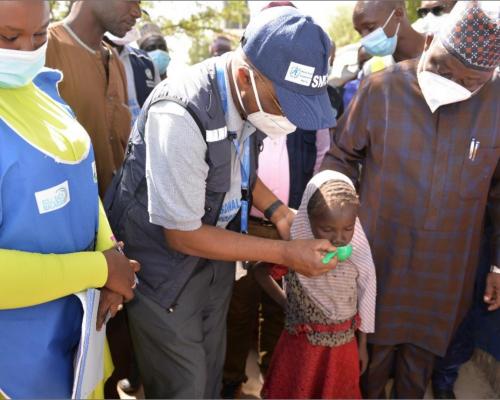

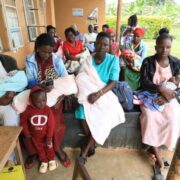
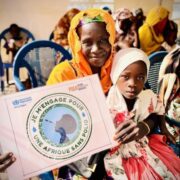
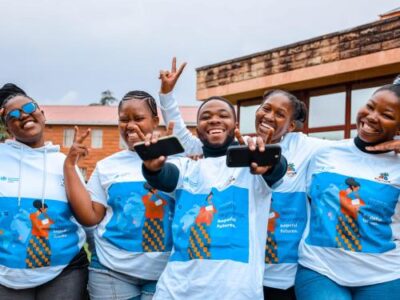


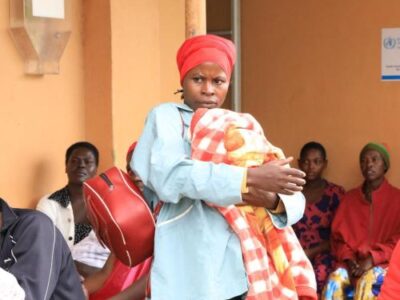

Comments